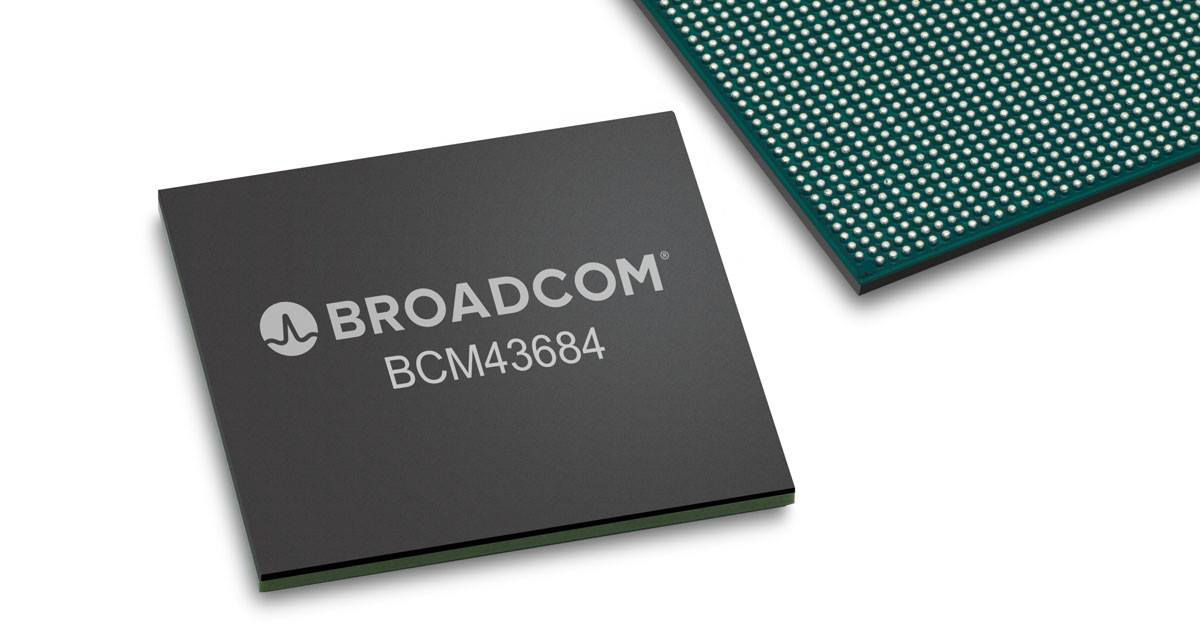 SECURITY
SECURITY
 SECURITY
SECURITY
 SECURITY
SECURITY
Computer chipmaking company Broadcom Inc. announced Thursday that it’s buying Symantec Corp.’s enterprise security business in a deal valued at $10.7 billion, confirming earlier reports that discussions of an acquisition were at an advanced stage.
The acquisition means Symantec will effectively split into two, with Broadcom taking over its portfolio of enterprise security products and the Symantec brand name. Symantec will be left with its consumer product portfolio, which includes the Norton antivirus software and LifeLock identity protection brand.
The companies said they expect the deal to close before the end of the year.
Symantec’s enterprise business pulled in $2.3 billion in revenue in the company’s 2019 fiscal year, which was about half of its total. The business sells software that helps big companies to detect cyberattacks across their networks and devices, It also sells security monitoring software for cloud and other computing services. The business competes in a crowded enterprise security field, with some of its main rivals including Cisco Systems Inc., Microsoft Corp., Palo Alto Networks Inc. and Zscaler Inc.
The acquisition is Broadcom’s second big bet on software following its acquisition of agile software development, DevOps and computer security software company CA Technologies Inc. for $19 billion last year. That deal was intended to help Broadcom expand its business beyond semiconductors and storage.
In 2016 Broadcom acquired the networking company Brocade Communications Systems Inc. for $5.5 billion, also to expand its business opportunities. It tried to buy fellow chipmaker Qualcomm Technologies Inc. for more than $100 billion, only to see that deal vetoed by U.S. President Donald Trump over supposed security concerns.
Broadcom is trying to expand its horizons because it’s struggling to maintain growth in its primary computer chip market thanks to tough competition and the impact of the trade dispute between the U.S. and China. In June, Broadcom cut its revenue guidance for this year after President Trump barred it from doing business with one of its biggest customers, China’s Huawei Technologies Co. Ltd.
In a conference call announcing today’s acquisition, Broadcom Chief Executive Officer Hock Tan said the increased focus on software would reduce the company’s volatility.
“There will be meaningful cross-selling opportunities with Brocade and CA solutions,” Tan told analysts during the call.
Despite the acquisition, Broadcom said its fiscal 2019 revenue forecast of $22.5 billion remains unchanged. It said about $17.5 billion of that will come from its computer chips, with infrastructure software making up the rest.
Moor Insights & Strategy analyst Patrick Moorhead said today’s deal suggests that Broadcom is struggling to find an identity.
“Is it a chip company? Is it a software company? Or is it becoming an investment vehicle, like a tech fund with very little connective tissue between investments? It’s hard to say now,” he said.
But Holger Mueller, principal analyst and vice president of Constellation Research Inc., said the deal still makes sense for Broadcom.
“This could be a good strategy for Broadcom if it manages to execute and re-position itself as a broader enterprise platform and software player,” he said.
As for Symantec, the company will now focus solely on its consumer security products.
The deal seems to have brought some relief to the company, which has faced big challenges this year with various job cuts and top executives leaving. The company is also under investigation by the U.S. government for alleged accounting irregularities, and has more than $2 billion in debt.
Following today’s announcement, the company announced a major restructuring plan that will see it shed about 7% of its workforce. It will also close a number of its data centers and other facilities. Those actions will cost it about $75 million in severance pay and termination packages and $25 million more for the closures.
Symantec reported its first-quarter financial results today as well. It reported a profit before certain costs such as stock compensation of 43 cents per share on revenue of $1.24 billion, beating expectations on both. Wall Street had forecast earnings of just 32 cents per share on revenue of $1.19 billion.
Symantec’s stock was up more than 2% in after-hours trading after rising more than 12% in the regular session.
Support our open free content by sharing and engaging with our content and community.
Where Technology Leaders Connect, Share Intelligence & Create Opportunities
SiliconANGLE Media is a recognized leader in digital media innovation serving innovative audiences and brands, bringing together cutting-edge technology, influential content, strategic insights and real-time audience engagement. As the parent company of SiliconANGLE, theCUBE Network, theCUBE Research, CUBE365, theCUBE AI and theCUBE SuperStudios — such as those established in Silicon Valley and the New York Stock Exchange (NYSE) — SiliconANGLE Media operates at the intersection of media, technology, and AI. .
Founded by tech visionaries John Furrier and Dave Vellante, SiliconANGLE Media has built a powerful ecosystem of industry-leading digital media brands, with a reach of 15+ million elite tech professionals. The company’s new, proprietary theCUBE AI Video cloud is breaking ground in audience interaction, leveraging theCUBEai.com neural network to help technology companies make data-driven decisions and stay at the forefront of industry conversations.